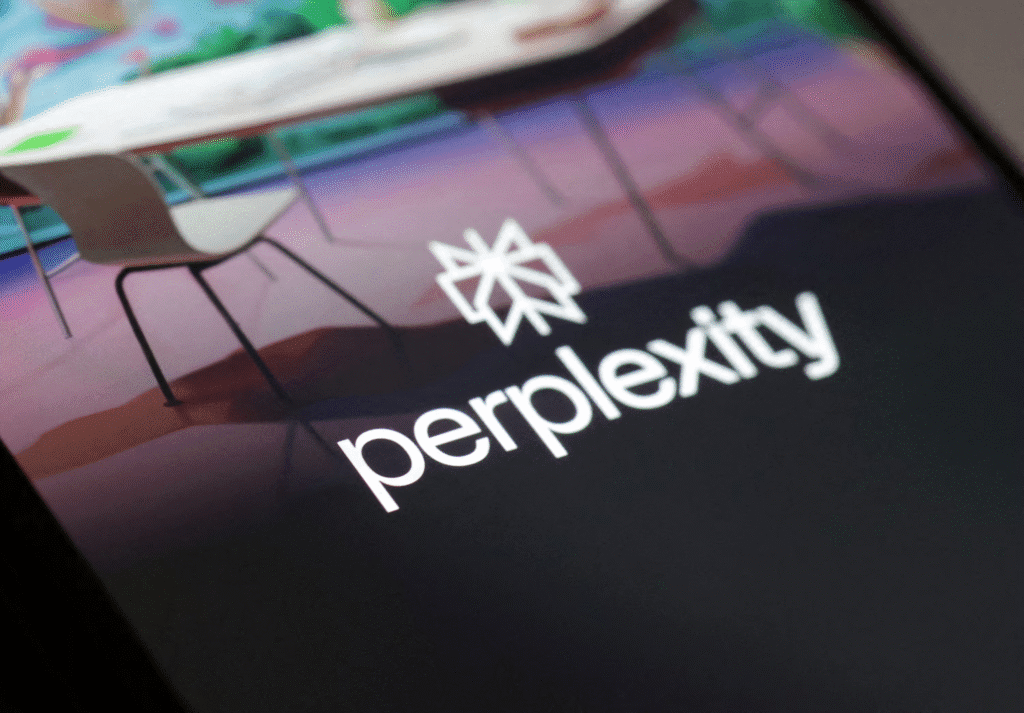Perplexity has just launched its first AI-powered web browser, called Comet, as part of its ambitious push to compete with Google Search as the main way people find information online.
At first, Comet will only be available to subscribers of Perplexity’s $200-per-month Max plan and a select group of early users who joined a waitlist.
The browser’s main attraction is Perplexity’s AI search engine, which comes pre-installed and set as the default. This puts Perplexity’s signature feature—AI-generated summaries of search results—front and center.

Users also get access to Comet Assistant, a built-in AI agent designed to handle everyday tasks. According to Perplexity, the assistant can summarize emails and calendar events, manage tabs, and even navigate web pages for you. You can open the Comet Assistant in a side panel on any website, where it can see what’s on the page and answer questions about it.
Perplexity has rolled out several new products recently, but none feel quite as significant as Comet. The company’s CEO, Aravind Srinivas, has been especially vocal about the importance of this launch, calling Comet essential to Perplexity’s fight against Google.
With Comet, Perplexity is hoping to reach users directly—without having to rely on Google Chrome, which remains the most widely used browser. And while AI browsers are still unfamiliar to many, Google has been adding AI features to Chrome as well, including a new AI search mode that looks remarkably similar to Perplexity’s approach.
Earlier this year, Srinivas described his goal for Comet as creating an “operating system where you can do almost everything,” enabling the AI to help users seamlessly across apps and websites. In June, he said becoming a user’s default browser could lead to “infinite retention,” since people would naturally rely on Perplexity for more tasks.
Still, Comet is entering a crowded market. Google Chrome and Apple’s Safari dominate browser share, and other players are moving fast. In June, The Browser Company launched an AI-powered browser called Dia, which offers many of the same features as Comet. OpenAI has also been rumored to be working on its own browser and has hired several key members of the original Chrome team over the past year.
Comet could gain traction if enough of Perplexity’s users adopt it early on. Srinivas recently shared that in May 2025 alone, Perplexity handled 780 million search queries, with its search products growing more than 20% month-over-month.
Taking on Google Search is a massive challenge. But launching a dedicated browser is a logical step for Perplexity. Convincing people to switch browsers, however, may prove even tougher than persuading them to try a new search engine.
Hands-on With Comet
The most unique part of the experience so far is the Comet Assistant. During testing, it turned out to be surprisingly handy for basic tasks but struggled with more complicated requests. To use it fully, you also have to be comfortable granting Perplexity extensive access to your data.
Personally, my favorite way to use Comet Assistant has been to keep it open in the side panel while I’m browsing. Because the AI can see the page I’m on, I can just ask it questions right away, without copying and pasting text or links into ChatGPT.
It worked well for answering questions about social media posts, YouTube videos, and even text I was drafting in a Google Doc. I can see this saving a lot of time for anyone who constantly switches between apps or pastes content into AI tools.
When I tried connecting Comet Assistant to my Google Calendar, though, it asked for a surprisingly long list of permissions. You have to be willing to share a lot of access to let it work across your accounts.
Also Read : Apple COO Jeff Williams Will Step Down This Month

